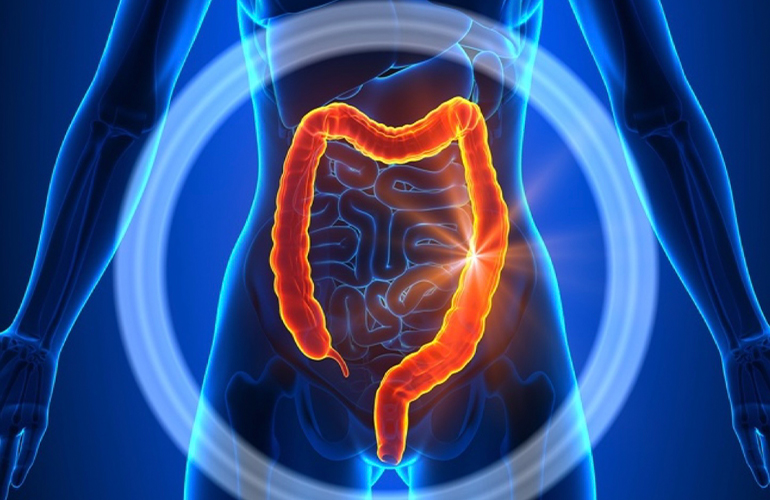More than 1000+ happy health support.
10+
Support from healthcare personnel
I recommend him to everyone beyond a wonderful person and doctor, we met with him during a severe period of my cronh disease, thanks to him, I am better and healthier, thank God, I thank him also.

Cihangir R.
General Surgery
I brought my mother to the hospital, we met Dr. Orçun, our surgery, everything is very good, the doctor's work is number ten.
At the point where my hope was over, Dr. Orçun crossed our paths. I overcame that difficult painful process thanks to him and regained my health. First of all, the value he gave to human beings and his modesty was admirable.good thing we have idealist physicians like you🤲💐

